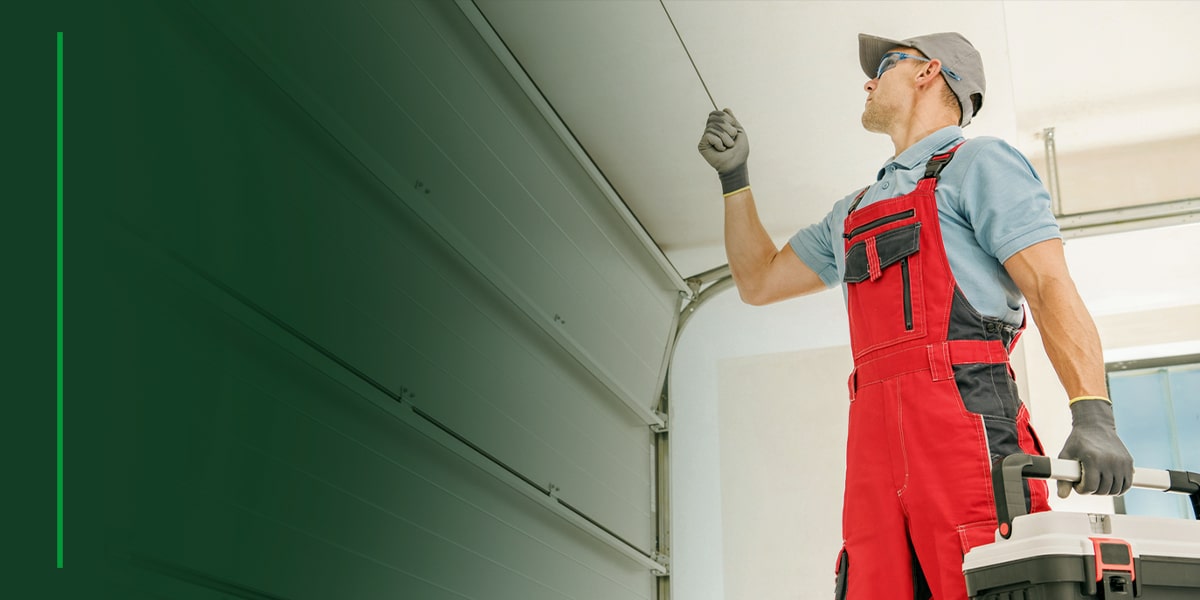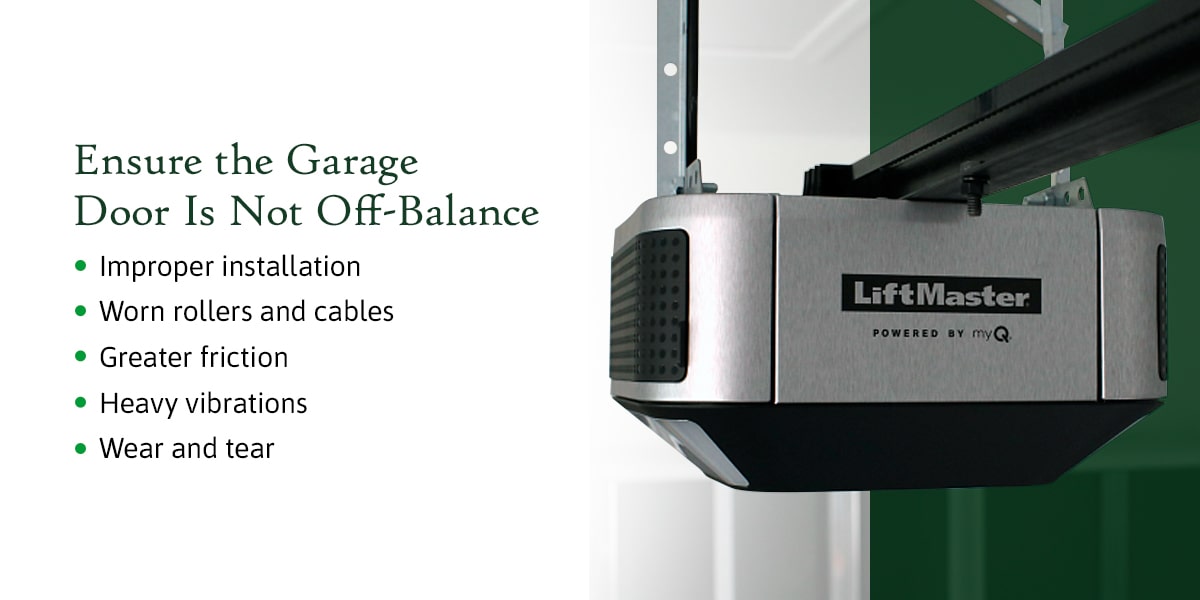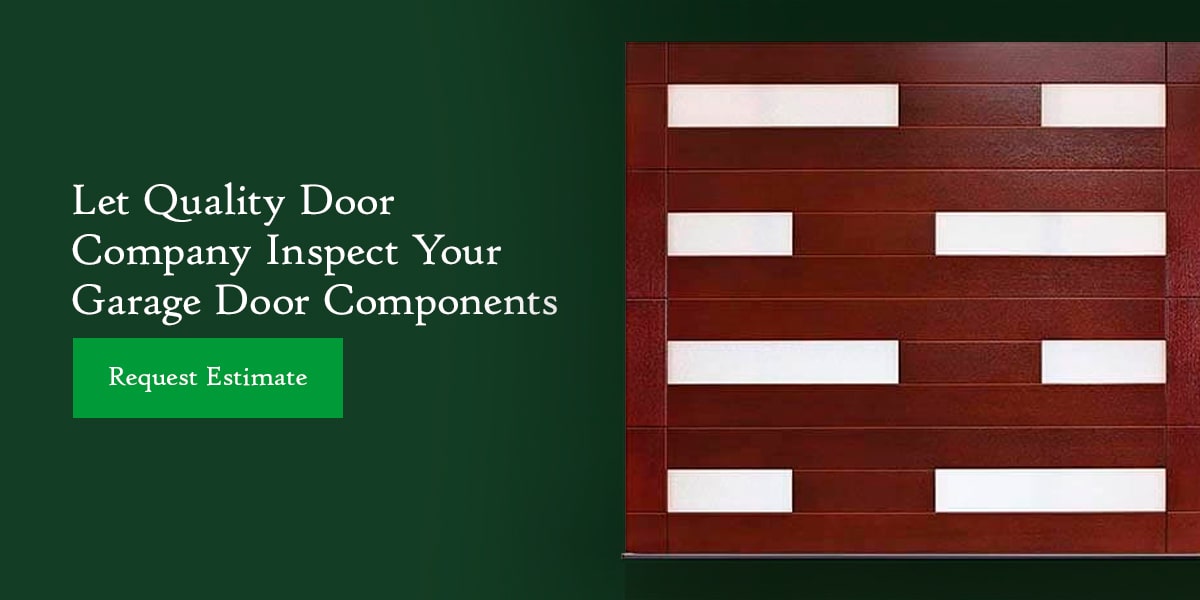
The last thing you want is your garage door to be a nuisance to anyone. Its purpose is to provide shelter and protection for your family, vehicle and other assets. When you notice your garage door making noise, you’ll want to get to the bottom of the problem to see what’s causing the unbearable racket before it worsens. Though you may not be able to fix some parts yourself because of the possible risk of injury, you can always contact a garage door contractor to assist. If you notice anything preventing your normal door movements then it’s best to call to professional to diagnose the issue.
This article will highlight a few causes of a noisy garage door and what you can do to fix it. Keep in mind that many of these issues can be prevented or addressed through regular maintenance checks. No matter how old or new your garage door is, it’s never too late or too soon to get a tune-up from a professional.
Lubricate the Necessary Parts
A garage door has many moving parts that need lubrication to operate efficiently. With regular greasing, you could ease or eliminate the noise. Though most steel parts are OK to lubricate, you should be careful not to get grease on nylon or other synthetic materials needed for the door to work. Also, ensure the lubricant you use is safe for garage door part application. Though you may think WD-40 will work as a lubricant, silicone spray is a better option and will ensure your tracks stay dirt-free for longer.
Which parts should you routinely lubricate and clean?
- Tracks: The tracks are vital to the garage door’s mobility. You shouldn’t lubricate them directly, though they will likely come into contact with lubrication used for steel rollers. Wiping the tracks with a clean cloth to remove dust and dirt will create optimal conditions for the rollers to glide soundlessly. If you are going to lubricate the tracks be sure to avoid common household spray lubricants like WD40 and use a proper garage door lubricant to avoid any residue.
- Rollers: Garage door rollers fit into the tracks and ensure the door moves smoothly. There are two types of rollers available — steel and nylon. The advantage of nylon rollers is that they are lighter than steel and, therefore, quieter. The drawback is that you can’t lubricate them as you would do with steel rollers. If your garage door has steel rollers, occasionally apply a small amount of grease to reduce unwanted noise.
- Springs: Torsion springs are above a garage door, while extension springs are on the sides. You don’t necessarily have to lubricate both types of springs, but you can apply a thin layer of grease on the coils to keep them flexible. The better oiled they are, the less noise the springs will produce.
- Bearing plates: Bearing plates at the end of torsion spring shafts require lubrication to support the spring system and help reduce friction and subsequent noise.
- Hinges: Hinges are especially susceptible to wear and tear and need more lubrication than other parts. Well-oiled hinges ensure smooth, silent operation.
- Locking mechanism: Though the locking mechanism is not part of the garage door’s mechanical structure, you can also lubricate it to reduce noise levels when opening and closing it.
If you can no longer maintain any of the parts listed above with regular greasing, it may be time to replace them. Worn components like rollers, springs and tracks all increase noise levels when they start squeaking and screeching.

Ensure the Garage Door Is Not Off-Balance
An imbalanced garage door will pressure the opener, rollers, springs and other parts to work harder, creating friction that can be noisy. Here are a few reasons your door may be off-balance and your garage door opener is making noise.
- Improper installation: Shoddy garage door installation can have severe consequences. Professionals use specialized tools to fasten bolts, screws, springs, hinges, etc. You may hear sounds that signal something is wrong — like unusual slapping, creaking and vibrating — when it should open and close smoothly. While the noise element is a factor, safety comes first. The best way to ensure safety and prevent injury and damage is to consult an experienced garage door technician. You will also enjoy a noise-free garage as a result.
- Worn rollers and cables: When rollers experience increased strain because of an uneven garage door, they will wear out quicker or come off the tracks. They will make noise as they struggle to move under the pressure. Replacing the old rollers with new, working ones will solve the noisy garage door problem. The strain also affects cables, which are more prone to breaking because of the increased pressure. A scraping noise could indicate a cable issue, which you should check out immediately.
- Greater friction: The imbalanced garage door’s heaviness will create friction as the panels and tracks work harder to support the added weight. The door will make a buckling, creaking sound as it moves slowly along the tracks.
- Heavy vibrations: An unstable garage door tends to be shaky. It vibrates and rattles every time you open and close it. The more the parts shake, the louder the noise will be.
- Wear and tear: If your garage door is old and has seen daily use for years, the resulting wear and tear can cause it to be off-balance. You will hear grinding and other loud noises during use. In this case, consider the effectiveness of a maintenance checkup to determine the extent of wear and tear damage.
Check for a Faulty Opener Motor
The type of motor opener that operates your garage door may determine the noise levels you can expect, apart from the motor being faulty or broken. Here are the common types of openers you will find.
- Chain drive openers: This motor uses a chain that rotates a trolley to open and close the door. It is the most popular because it’s durable enough to carry the weight of bulky, cumbersome doors. One notable drawback is that this type is a noisy garage door opener because of the consistent metal-to-metal contact while in use. Lose chains are often the cause of slapping sounds in this style of opener.
- Belt-drive openers: Instead of a chain, this opener uses a belt in the same way to control the door. Noise is minimal with this opener since the rubber belt inhibits noise.
- Screw-drive openers: These devices use a motorized steel rod to open and close the garage door. They have fewer moving parts than other garage door openers and require less maintenance, but still tend to be noisier.
- Direct-drive openers: The motor is the only part of this opener that moves along an aerial chain attached to the garage ceiling, making it the quietest option.
- Jackshaft openers: This opener is on the side instead of overhead. A motor turns a beam that allows the torsion spring to control the garage door. It is also not a noisy garage door motor.
Knowing which type of opener you have helps you understand why your door might be inherently louder or quieter. Various sounds can help you identify a faulty motor.
- Clicking: An electrical issue within your motor may be causing it to make a clicking or popping sound, so it’s best to have it checked out professionally.
- Rattling: Any time you hear rattling within a part like a motor, you can safely assume an internal component is loose or broken. You might have to disassemble the motor to inspect it.
- Shaking: Vibrations and shaking are common in motors that are misaligned or nearing the end of their life.
- Grinding: A grinding or buzzing sound could indicate that the gears in your opener are worn down or damaged. Immediately call a reputable garage door contractor to attend to this issue.
- Humming: This noise may sound like your opener is straining to work. It may result in laggy performance from a worn-out motor. Ideally, you should have it replaced at this point.
Let Quality Door Company Inspect Your Garage Door Components
Though you can inspect your garage door based on the noises you’ve identified, DIY garage door repairs are extremely risky. Quality Door Company hires experienced, talented technicians who know what to look for and what to do to restore your door with no hindering noises.
When you call us, we will gladly discuss your garage door noise issues with you. If you would like any other services or an estimate, fill out our contact form and we will get back to you in no time.


